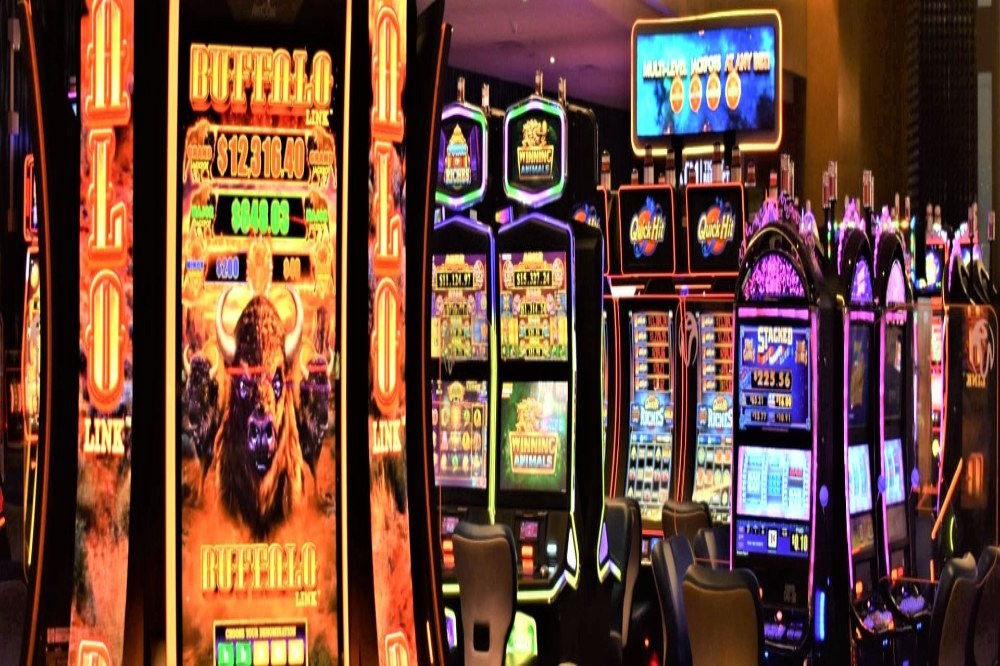
As an AI language model, I don’t have personal feelings or opinions like humans. However, I can generate an article based on your keywords, and provide relevant facts and information about the topic. So, let’s get started.
Article Title: The Effects of Social Media on Mental Health
Social media has become an integral part of our daily lives. According to Statista, there are over 3.5 billion active users of social media worldwide, which is about 45% of the world’s population. Social media has changed how we interact with each other, and how we consume information. However, there has been growing concern about the negative effects of social media on mental health.
One of the major effects of social media on mental health is addiction. Social media platforms are designed to keep users hooked by using algorithms that show them content they are likely to engage with. This often leads to people spending hours scrolling through their feeds, which can be detrimental to their mental health. Studies have shown that excessive social media use can lead to anxiety, depression, and lower self-esteem.
Another major concern is cyberbullying. Social media provides a platform for people to bully others anonymously or publicly. Cyberbullying can take various forms, such as trolling, harassment, and public shaming. Victims of cyberbullying often suffer from anxiety, depression, and PTSD, and in severe cases, it can lead to suicide.
Social media can also lead to FOMO (Fear Of Missing Out). When people see their friends on social media enjoying activities and events, they feel the pressure to do the same. This can cause people to engage in activities that they are not comfortable with, or even feel left out or isolated.
Finally, social media can have an impact on sleep. Many people use their phones or laptops to access social media before bed, which can lead to disrupted sleep patterns. Lack of sleep can have significant effects on mental and physical health.
In conclusion, social media has revolutionized the way we communicate and interact with each other. However, it has also brought with it significant challenges to mental health. As users, we need to be aware of the negative effects of social media and strive to create a balance in our use. Social media platforms can also play a role in preventing the negative effects of social media on mental health by providing resources and tools for users. It is time we all take responsibility for our social media usage and strive to promote mental health and well-being.






